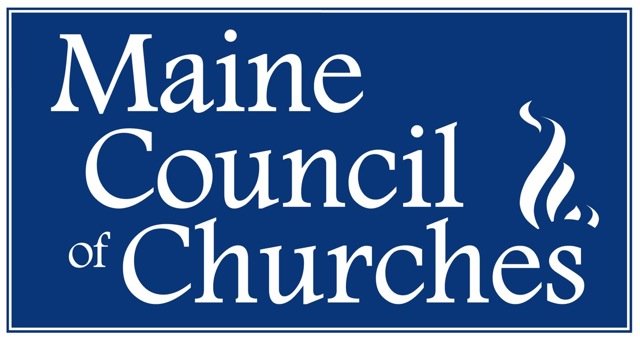Why a Christian minister supports abortion rights
BANGOR DAILYY NEWS January 20, 2022 by Opinion Contributor
Rev. Marvin M. Ellison is professor emeritus of Christian ethics at Bangor Theological Seminary.

As a Christian minister, I support reproductive rights. The weekend of Jan. 22-23, coinciding with the 49th anniversary of the U.S. Supreme Court’s Roe v. Wade decision, I’ll be joining other faith leaders throughout Maine in observing a Sabbath for Reproductive Justice, sponsored by the Maine Council of Churches and others.
For some, it may come as a surprise that a clergyperson regards abortion as morally responsible. For others, the term “reproductive justice” may be unfamiliar. Women of color, long active in the abortion rights movement, suggest that justice is a more appropriate word to use than “choice” because poor women and women in marginalized communities often lack the economic, medical and legal conditions to make genuinely free choices. Having choice doesn’t mean much if you don’t have the resources necessary to exercise that freedom. Reproductive justice insists that people should have the moral freedom and legal right to decide whether and when to become parents. Equally important, all families should have sufficient resources to raise their children in health, safety and dignity.
No faith tradition is monolithic when it comes to these issues. The Roman Catholic hierarchy opposes abortion, yet Pope Francis encourages President Joe Biden to receive communion as a faithful Catholic even though Biden supports abortion rights. An organization called Rabbis for Repro points out that Jewish tradition not only permits the termination of pregnancy, but requires it when the life of the pregnant person is at stake. Across religious and other social difference, abortion is a common experience. As many as 1 in 4 people who can get pregnant will terminate a pregnancy by age 45.
My perspective has been enlarged because of the women and couples who have candidly and graciously shared their stories. Especially in recent years, as a volunteer chaplain at a health clinic where abortion care is offered, I’ve learned some things.
About the who: There are not two groups of women: women of faith and women who have abortions. Most women electing to terminate a pregnancy are religiously affiliated. Moreover, women cannot be neatly bifurcated into women who love children and women who have abortions. Only one group of women exists. Women terminate pregnancies for the same reason that under other circumstances they carry pregnancies to term and give birth: because of love and out of deep regard for the value of new life. Love sometimes requires saying “no” rather than “yes” to life.
About the why: Women raising one or more children sometimes decide that it’s best not to bring another child into the world. Other women, not yet mothers but wishing to become mothers in the future, decide that now is not the right time. Such moments can give rise to a complicated grief mixing loss, sadness, and regret with the relief of knowing that, given the givens, ending a pregnancy was the best thing to do.
About the how: Not every abortion decision is an agonizing one. What I’ve witnessed is that by the time women arrive at the clinic, they stand confident in the rightness of their decision to end their pregnancy. If they’re struggling, it’s typically because of their life circumstances: a shaky marriage; scarce resources of money, time and energy; any number of health challenges; or conflicting demands of family, work and life. Day in and day out, women everywhere are pressed to make the best decisions they can, often in far less than optimal circumstances. When women do struggle with their moral decision, it’s not because of a bad decision, but because they’re wrestling with shame and guilt produced by negating messages from family, community and church.
Within the last 50 years, my Protestant Christian moral tradition has changed profoundly in response to two major cultural developments. First, with advancements in medical science, legal restrictions against abortion are no longer medically necessary to protect women’s health and lives. Second, with the rise of a global women’s movement, women are respected as moral agents and the subjects of their own lives. A seismic shift has been underway away from viewing abortion as taboo toward embracing “birth by choice” as a moral good.
How might we show greater respect for women and learn to benefit from their moral wisdom and courage about these matters? For generations and often against incredible odds, women have struggled to exercise their procreative power wisely. Sometimes they have had to risk their health and lives to deal with unwanted or problem pregnancies. Too often, they’ve been made to stand alone, castigated as sinners. Most often, truth be told, women were not the sinners, but the sinned against — judged rather than listened to, shamed rather than supported. Not women, but judgmental, shaming and punitive religious people need to seek forgiveness.
This Sabbath is a godsend opportunity for us to ponder, prayerfully and respectfully, how to do better.

